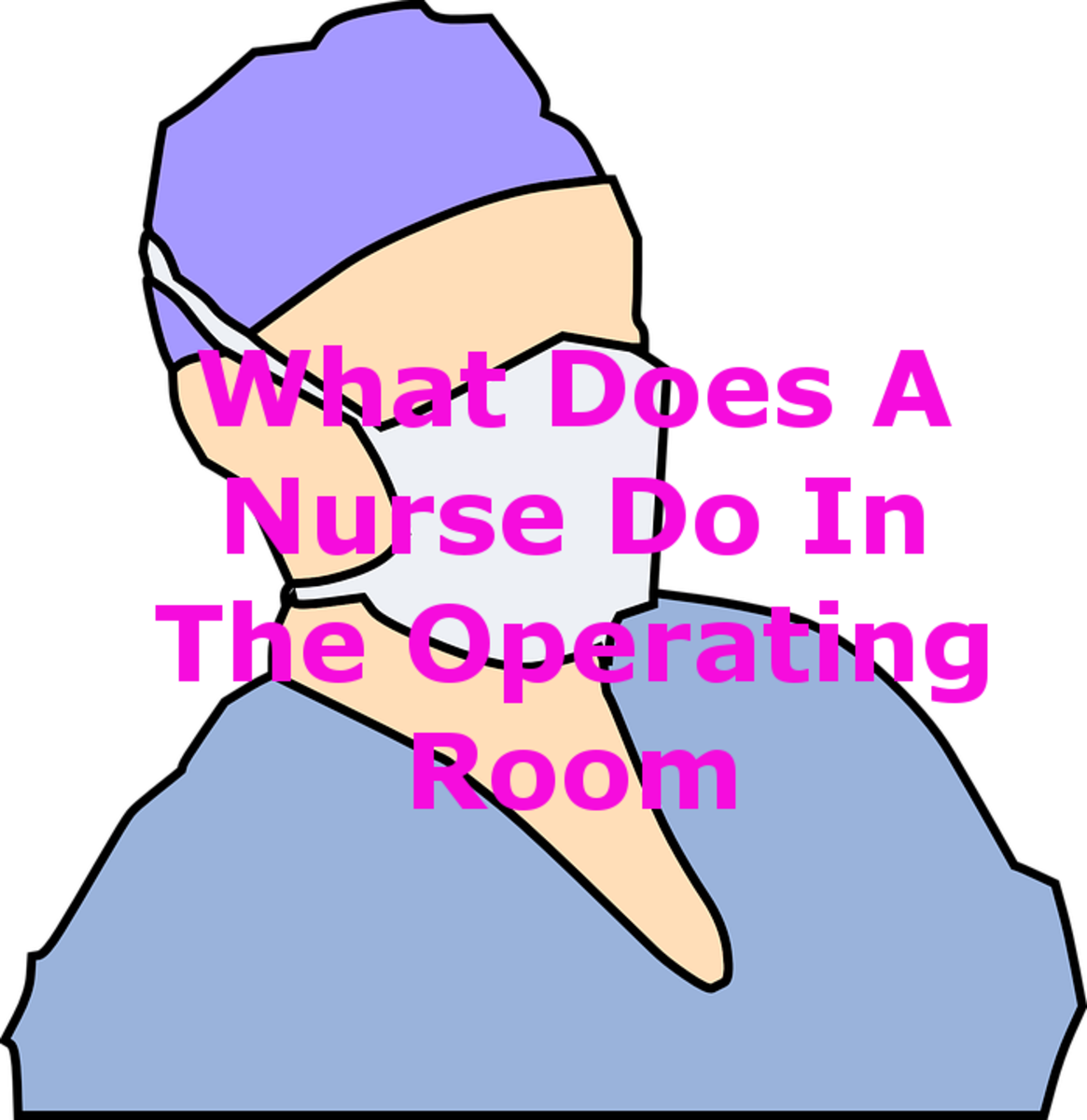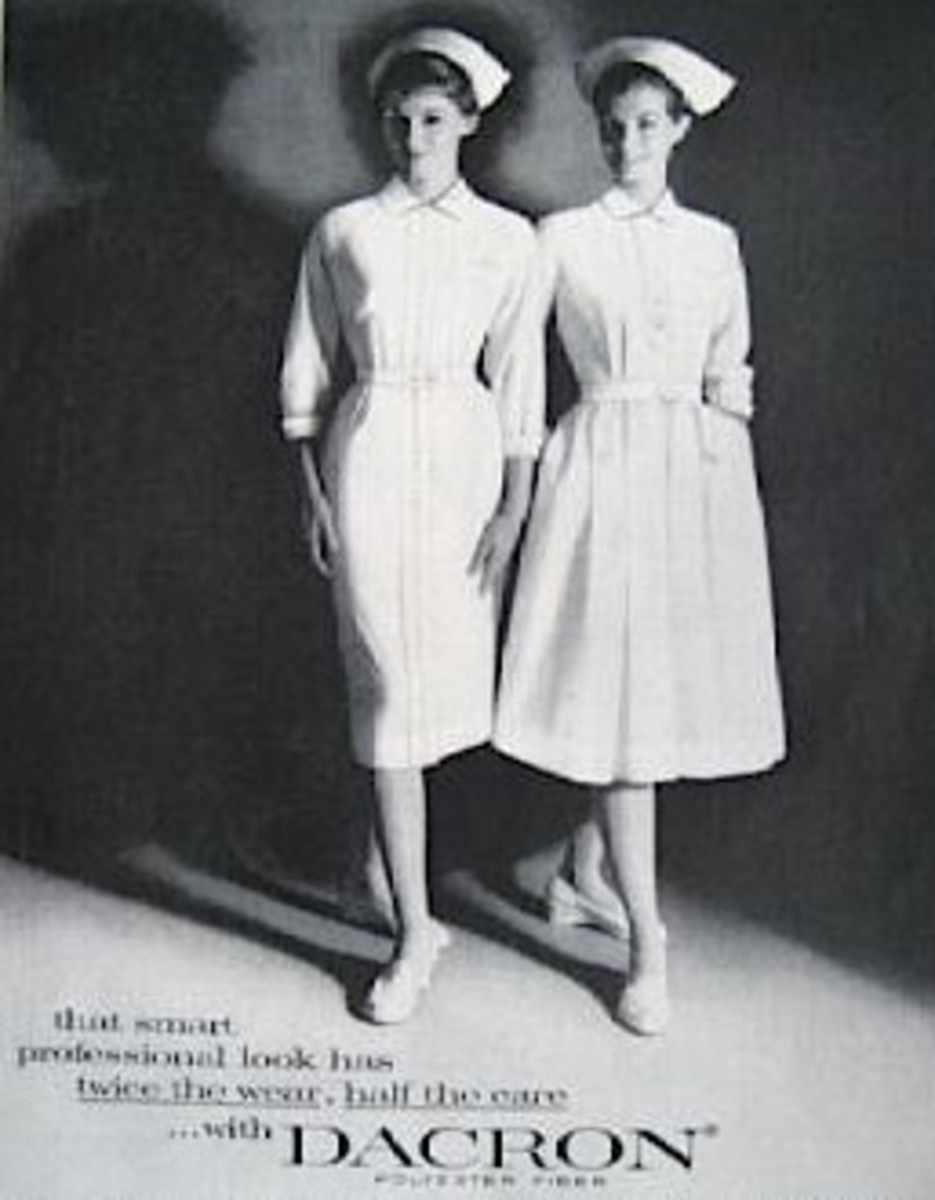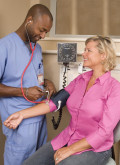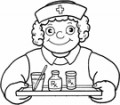What Education is Required to Become a Registered Nurse?
Nursing Careers

Few People Understand What Nurses Really Do
Patients are protected by law, and this limits the observance of what duties nurses actually perform. There is no “take your child to work day” in a hospital or skilled facility. This is a hindrance to people thinking about nursing careers and what they will be doing. Nursing licensure is governed by the state and varies from place to place. However, most programs are similar and require certain pre-requisites in a course of study. Some states are requiring a certain amount of hours spent in a community service or volunteer program.
The ideology is that prospective students will experience what it is like to be of service to others, and this will give them an inkling of what a nursing career demands. A large amount of students leave nursing after they see the patience and discipline that is needed to be successful in a nursing career. In order to decrease the dropout rates, some states have incorporated the hours of volunteer or community service requirement.
Becoming a registered nurse (RN) is an educational journey of science, intuition, and compassion. Most nurses evolve from other career paths and find nursing as a second career, or even an ambition that may be realized later in their lives. But whenever the dedication to nursing arises, most have to follow similar paths to achieve their education, clinical rotation, and finally pass the RN NCLEX test and obtain their RN license.
The Licensed Practical Nurse (LPN)
The licensed practical or vocational nurse works under the supervision of the RN. Many nurses start their journey to RN from the LPN, or LVN, and some, of course, do great service to their patients and remain in this job title throughout their careers. LPN programs are generally 13 months in a vocational or technical school. LPNs are nurses, and administer medications, insert intravenous devices (IVs), and assist with medical procedures and perform intricate documentation.
The Associate Degreed RN: ASN
Prior to the Vietnam War, an RN degree was either a 3 year diploma school, typically offered at teaching hospitals, or a standard 4 year baccalaureate degree taken at a college or university. The demand for nurses during the war changed the longer program requirements, and after impassioned pleas from the American Nursing Association, the 2 year RN associate degree program was instituted in 1965. Although it was necessary to shorten the program and graduate more nurses quickly, the debate is a point of contention with nursing educators, saying that lesser requirements give less credence to the science of nursing. However, many nurses that have graduated via the associate program are integral to nursing and have demonstrated excellence throughout their careers.
TheBaccalaureate Degreed RN: BSN
Nurses who attend the 4 year program are often bound for administration or teaching positions. After the required year of experience in a hospital or trauma center, the baccalaureate degree (BSN) RN may seek positions in education or management. However, many continue into specialties and remain working with patients in hospitals and skilled nursing facilities. The current trend in several hospitals throughout the country is to only hire nurses with a BSN. Since less than 35 percent of RNs have BSNs, this trend is not expected to achieve the support it needs to be successful.
The Masters Degreed RN: MSN
Depending on the degree or program of study, a MSN can take anywhere from 12 to 24 months post BSN. The course of study is usually highly specialized, requires a thesis for graduation, and can be in education, research, administration or a host of other areas in medicine. MSN nurses typically work in specialties with patients, or write curriculum as nursing educators and may be required to write academic papers on evidence based nursing research.
Nurse Practioner Programs: MSN/NP
Nurse practioners (NPs) may graduate from extended nursing master programs, and specialize in pediatrics, geriatrics, general medicine, and many other medical specialties that may take 2-3 years longer.
The Doctorate in Nursing: PhD
A doctorate in nursing can take between 12 and 24 months post MSN. The programs of study are highly specialized and consist of writing a dissertation that may take many months. PhD nurses may go into higher education, pharmaceutical research, nurse practioner careers, or other high levels of nursing medicine.
A Service to Others and the Community
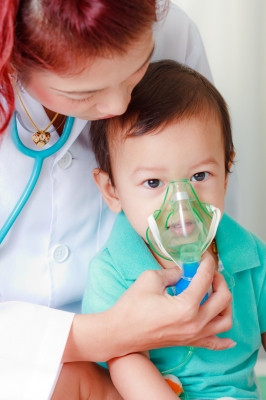
Basic Studies in Nursing Programs
Depending on the state or educational institution, the basic requirements are:
- Medical Terminology
- Anatomy and Physiology
- Medications and Pharmacology
- Chemistry and Algebra
- Documentation: History and Physicals
Clinical Practicum Rotations:
In addition to the classroom work, the program includes several clinical rotations in a hospital setting to learn how to provide care in:
- Labor and Delivery
- Medical-Surgical Care
- Emergency Department
- Mental Health Department
A Rewarding Career in Nursing
Nursing is a rewarding career that brings many different ethnic groups and minds to the table. The nursing shortage has reached crisis proportions and the need continues to grow globally. Many nurses are soon to retire with no replacements in the pipeline. Choosing a career in nursing is exciting, challenging, and a true calling to be in the service of the community.

